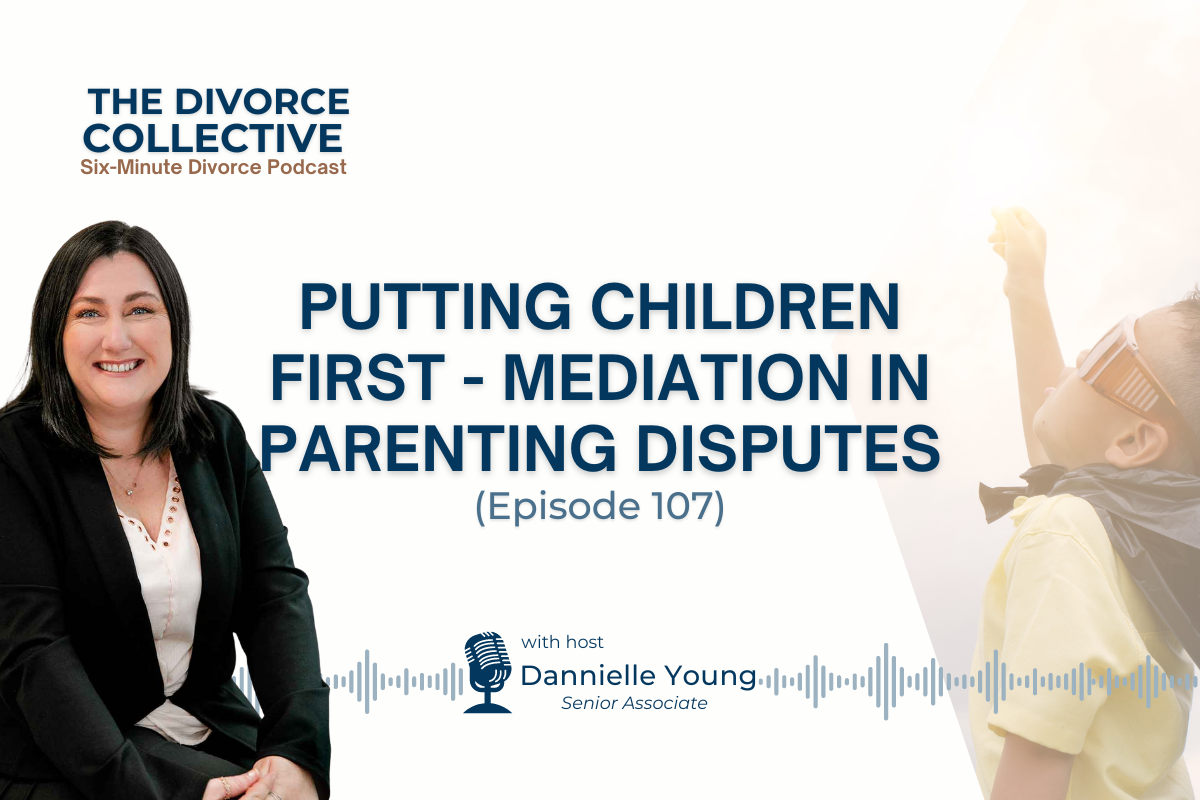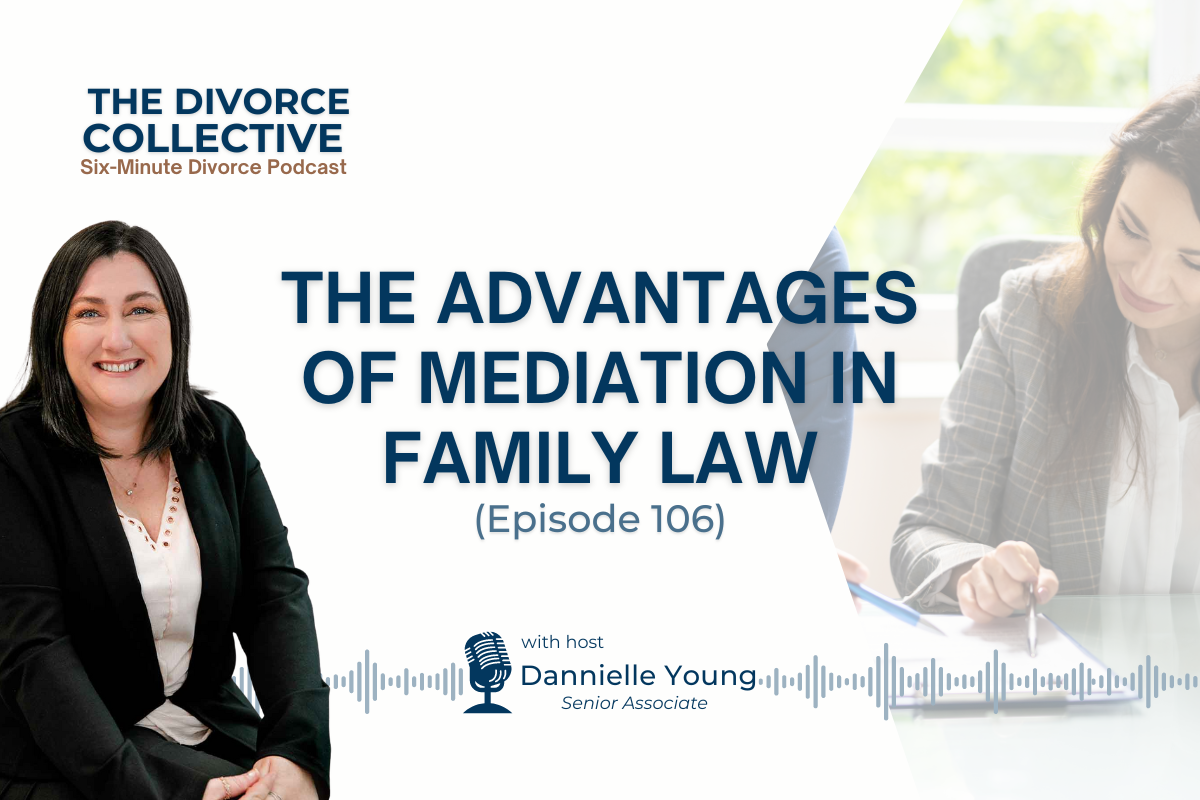When determining what is in the children’s best interests, the court has to consider a number of primary considerations. The section of the Family Law Act where you can find this is 60B. This is a breakdown of what this section essentially seeks to guarantee to all children:
- that children have a meaningful relationship with both parents and that they have the right to know both parents;
- that children are protected from physical or psychological harm, abuse, neglect, or family violence;
- that children receive adequate and proper parenting to help them achieve their full potential; and
- that children have the right to enjoy their culture.
All of these factors make sense regarding your children/child’s well-being and development. After the court establishes that the children are essentially safe, it can determine how children spend their time. To do this, the court will consider secondary considerations.
SECONDARY CONSIDERATIONS FOR THE BEST INTERESTS OF CHILDREN
After the court establishes that the children are safe, they then look at secondary considerations to determine how children spend their time and who they reside with, and when.
The secondary considerations are:
- any views expressed by the child and any factors such as the maturity level or level of understanding that the court thinks is relevant;
- the nature of the relationship that the child has with each parent and with others, including grandparents or other relatives;
- the extent to which each parent has taken or failed to take the opportunity:
- to participate in making decisions about major long-term issues in relation to the child;
- to spend time with the child; and
- to communicate with the child;
- the extent to which each parent has fulfilled their obligations to maintain the child;
- the likely effect on the child of any changes in their circumstances;
- the practical difficulties and expense of a child spending time with and communicating with a parent, and whether that difficulty or expense will substantially affect the right of the child to maintain personal relations and direct contact with both parents regularly;
- the capacity of each parent and other persons to provide for the needs of the child, including any emotional and intellectual needs;
- the maturity, sex, lifestyle and background of the child and the parents;
- the child’s right to enjoy their Aboriginal or Torres Strait Islander culture if the child is an Aboriginal or Torres Strait Islander child;
- the attitude of the parents to the child and to parenting;
- any family violence involving the child or a member of the child’s family;
- any Family Violence Orders;
- the need to make an order that will minimise any future proceedings; and
- any other fact or circumstances the court thinks is relevant.
As you can see, there are many factors that a court may consider when trying to work out what is in the best interests of children and how they spend time with each parent. To put it in simple terms, the court will examine factors such as but not limited to:
- how close the parents live to the child’s school;
- how close the parents live to each other;
- who has been the primary carer;
- how old the children are;
- what the children are used to;
- whether there are siblings;
- the capacity each parent has to care for children; and
- the preparedness of the parents to facilitate a meaningful relationship with the other parent and extended family.
When it comes to how children spend time, aka parenting agreement Qld, it is assumed by some separated parents that it should be an equally shared arrangement, but that simply doesn’t work for every parent; nor does it work for every child. It completely depends on individual family circumstances.
Generally, the advice we give is that the court prefers to see that small children have a primary home and spend significant time with the other parent; significant time varies depending on the child/children’s age, how far away the parents reside from each other, and other secondary considerations. As they grow, the significant time with the non-residing parent may extend to shared care arrangements. There are no hard and fast rules, ages, or distances that determine the outcome: every family is different.
It is important that both parents are child-focused and facilitate meaningful time for the child to spend with the other parent and extended family.
Keep in mind that it is not a competition about where children live: it is about quality time with each parent and providing children with structure and stability. A parent is not less of a parent because they spend less time with the child/children than the other parent.
Take the first step towards resolving your family law issues by scheduling a family law consultation free with our expert divorce lawyers Gold Coast. Book your FREE 45-minute initial consultation here.
Keywords added: parenting agreement qld, family law consultation free, divorce lawyers gold coast/ updated booking CTA/link





